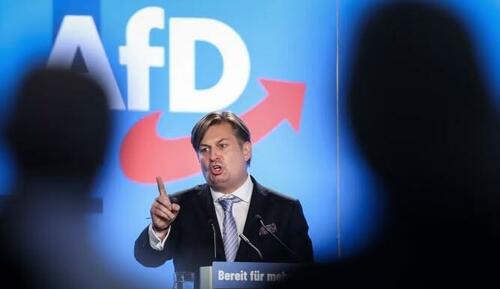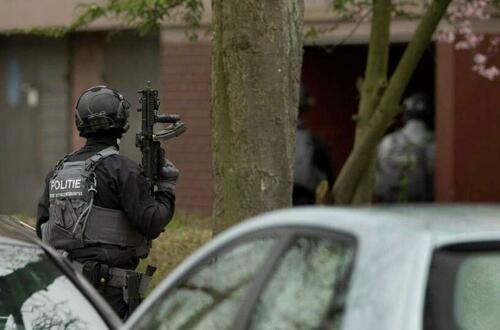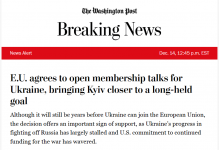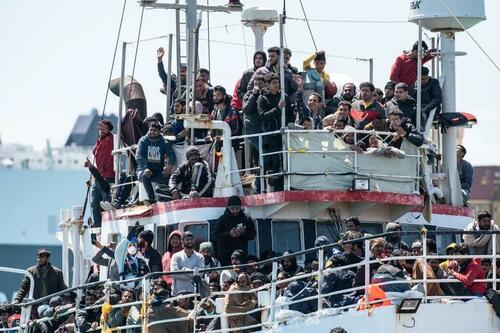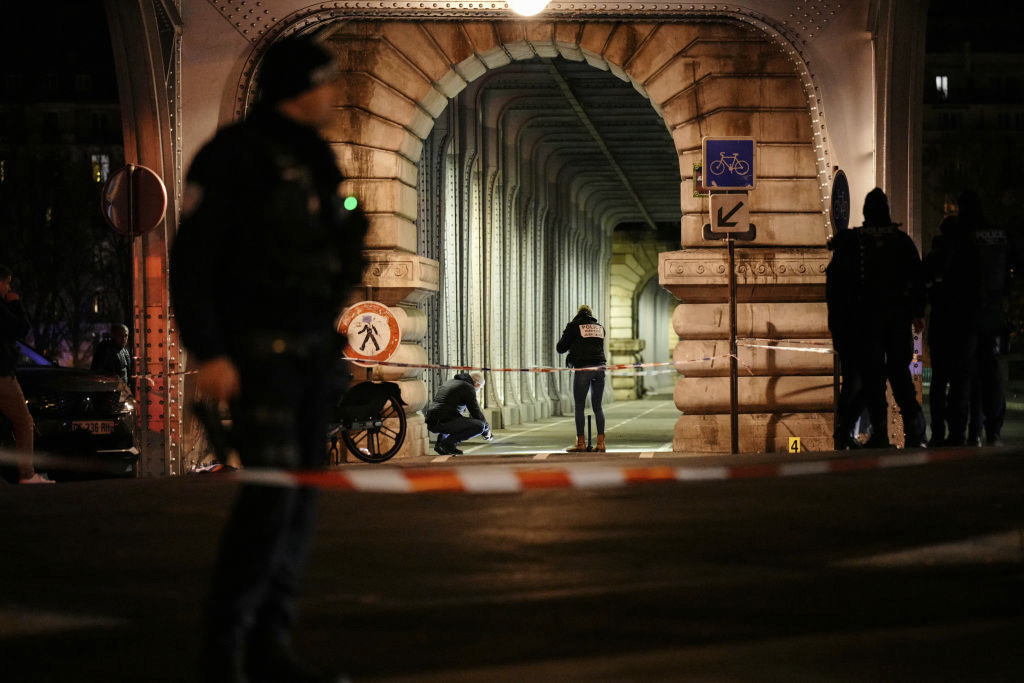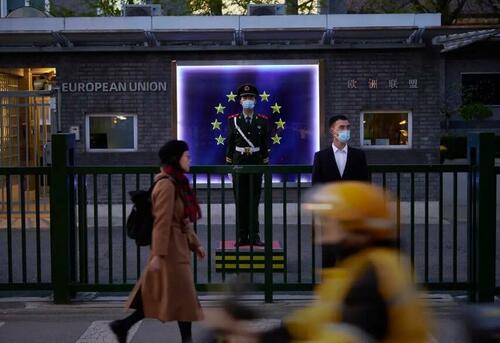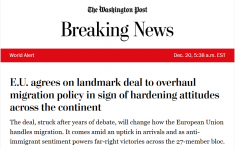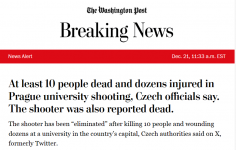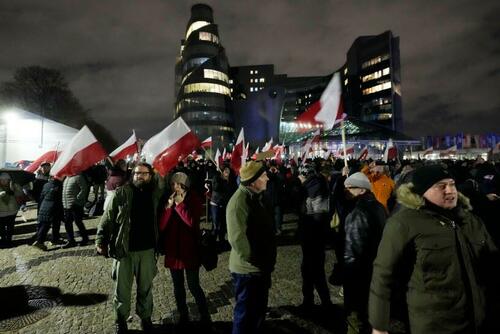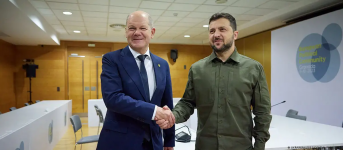Plain Jane
Just Plain Jane
November's thread:
 www.timebomb2000.com
www.timebomb2000.com

 apnews.com
apnews.com
Tis the season...
Share
BERLIN (AP) — A 15-year-old boy and an alleged accomplice are accused of plotting to blow up a small truck at a Christmas market in western Germany in an attack modeled on the methods of the Islamic State group, prosecutors said Thursday.
The teenager was detained Tuesday in Burscheid, a town near Cologne, and a court in Leverkusen on Wednesday ordered him kept in custody pending a possible indictment. Another teenager was arrested in the eastern German state of Brandenburg.
Officials say the 15-year-old wrote in a chat group about attack plans. Prosecutors in Duesseldorf said Thursday that he and the other suspect are accused of agreeing to attack a Christmas market in Leverkusen, a city in the western Germany’s North Rhine-Westphalia state, at the beginning of December by using fuel to blow up a small truck.
The teenager claimed he had acquired gasoline for the plan, according to a statement from prosecutors. The two suspects allegedly planned to leave Germany together after the attack and join the Islamic State-Khorasan Province extremist group, an IS offshoot active in and around Afghanistan.
Investigators are evaluating evidence found at the 15-year-old’s home but did not find any stocks of fuel, prosecutors said. He is being investigated on suspicion of conspiring to commit murder and preparing a serious act of violence.
Germany’s domestic intelligence agency said before news of the arrests emerged Wednesday that the threat situation in the country has escalated since Hamas’ Oct. 7 attack in southern Israel.
The agency pointed to the risk of a radicalization of lone assailants who use simple means to attack “soft targets,” adding that “the danger is real and higher than it has been for a long time.”
INTL - Europe: Politics, Economics, Military - November 2023
October's thread: https://www.timebomb2000.com/xf/index.php?threads/latin-america-and-the-islands-politics-economics-military-october-2023.638618/ https://apnews.com/article/serbia-election-vucic-protests-opposition-f3ba791b80ccf0945ea52a3930ce24b8 Serbia’s president sets Dec. 17 for snap...

Teenage suspects accused of plotting to blow up a small truck at a German Christmas market
Prosecutors say a 15-year-old boy and an alleged accomplice are accused of plotting to blow up a small truck at a Christmas market in western Germany in an attack modeled on the methods of the Islamic State group.
Tis the season...
Teenage suspects accused of plotting to blow up a small truck at a German Christmas market
Updated 5:54 AM EST, November 30, 2023Share
BERLIN (AP) — A 15-year-old boy and an alleged accomplice are accused of plotting to blow up a small truck at a Christmas market in western Germany in an attack modeled on the methods of the Islamic State group, prosecutors said Thursday.
The teenager was detained Tuesday in Burscheid, a town near Cologne, and a court in Leverkusen on Wednesday ordered him kept in custody pending a possible indictment. Another teenager was arrested in the eastern German state of Brandenburg.
Officials say the 15-year-old wrote in a chat group about attack plans. Prosecutors in Duesseldorf said Thursday that he and the other suspect are accused of agreeing to attack a Christmas market in Leverkusen, a city in the western Germany’s North Rhine-Westphalia state, at the beginning of December by using fuel to blow up a small truck.
The teenager claimed he had acquired gasoline for the plan, according to a statement from prosecutors. The two suspects allegedly planned to leave Germany together after the attack and join the Islamic State-Khorasan Province extremist group, an IS offshoot active in and around Afghanistan.
Investigators are evaluating evidence found at the 15-year-old’s home but did not find any stocks of fuel, prosecutors said. He is being investigated on suspicion of conspiring to commit murder and preparing a serious act of violence.
Germany’s domestic intelligence agency said before news of the arrests emerged Wednesday that the threat situation in the country has escalated since Hamas’ Oct. 7 attack in southern Israel.
The agency pointed to the risk of a radicalization of lone assailants who use simple means to attack “soft targets,” adding that “the danger is real and higher than it has been for a long time.”
Last edited:

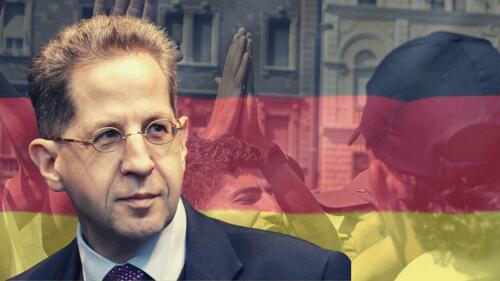 Hans-Georg Maaßen served as Germany's top domestic intelligence chief from 2012 to 2018.
Hans-Georg Maaßen served as Germany's top domestic intelligence chief from 2012 to 2018.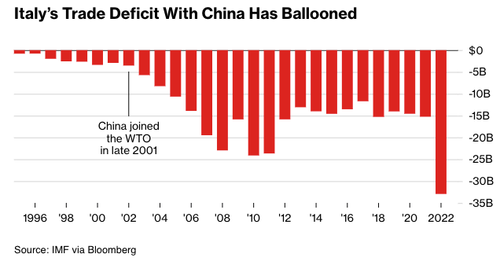
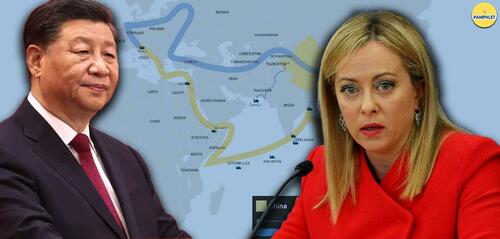
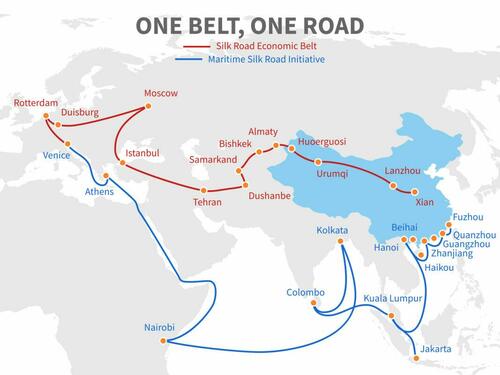

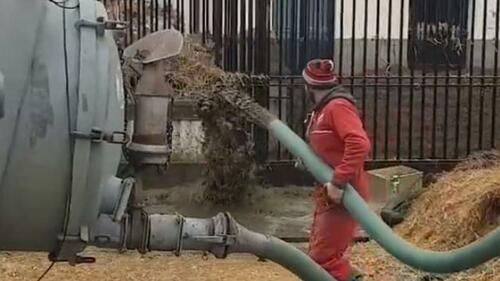
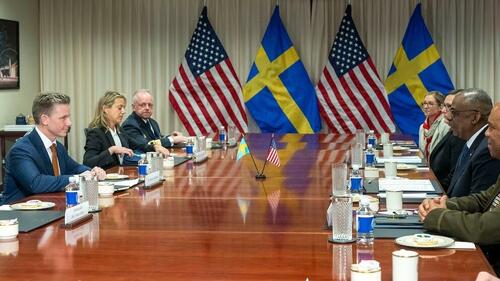

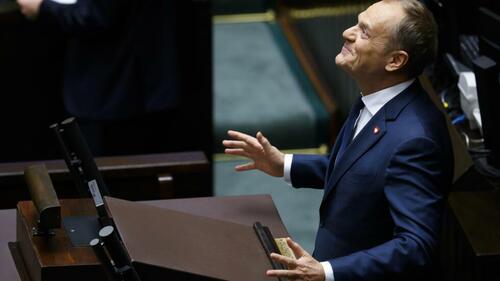 Donald Tusk reacts to his victory in parliament on Monday, via AP.
Donald Tusk reacts to his victory in parliament on Monday, via AP.